Bereavement and some of the feelings
What they don’t tell you when someone close to you dies.
There’s no handbook for dealing with death.
And if there is you’re certainly in no place to look for one on the shelves.
Of course we are not alone - it’s one of the only 2 given things in life. We will experience someone dying & we will die. But somehow it’s the time we feel the most alone like on one understands!
Grief doesn’t always ‘hit us’ right away
This was possibly the most surprising for me. But also important for those around us to understand– The emotion doesn’t necessarily hit us as soon as the loved one dies. We may not feel anything from months to years later. The trouble with not feeling the full grief for some time is our good meaning friends check in for a couple of weeks after and then as they start to forget about it as they weren’t so close to the person they imagine you are through the other side. Unfortunately the first few month you have no real idea what’s going on & this is just as you start to need them. The ones that haven’t gone through grief like this would be really surprised that you are just starting to go through the process 6+ moths after the loved ones passing. So hearing that you could be starting the grief 2 years later would be very confusing for them.
For me, feeling the raw emotion of my dad passing was a definite 6 months. Up until that point I was tearful every week or so, but the real waves came much later. This is different for every case of course. Some of us have been preparing for the moment throughout an illness. This is known as anticipatory grief as we feel like we have been grieving along that journey while the loved one is alive. Even in that case for me it still hit me later on.
Sudden passing
If it’s a very sudden passing we can go numb & almost not remember what has happened when we found out. Our body is trying to protect us. This is the adrenals releasing the hormone adrenaline into the body which prepare us for fight or flight mode (stay & fight, or run & flee a dangerous situation). Our body shuts down systems that it believes we don’t need like any feelings of hunger & it decreases the rate of digestion or the feeling of pain. Until you are back in safety. Which is why other traumatic life experience like a car crash can also take some of your memory or immediate pain. You could get asked what just happened and in some cases you wouldn’t be able to remember!
Friends’ reactions to you
This is an interesting one. As soon as you lose your loved one you join a club. The club that no one wants to be a part of. The ones who have been there & understand and the ones that just don’t. It’s that simple and you can divide your friends up by their reactions into each category. But we have to empathise, we can’t blame them as we were in that club once and you really don’t want to know anything about it. The ones that message in the beginning and then avoid contact with you for some time after because they simply do not know what to say but also because they don’t know if you are going to break down on them so they avoid you in some parts altogether. (and as mentioned earlier they simply get over it so expect you to be on the same trajectory) Then we have the ones that get it and face you head on. You know they have been through it. They will be there for you.
Short term memory
No one tells you about the loss of memory & I’m not talking about the last memories of them - that stays for ever. It’s the short term memory a little while after when your brain has thrown all the common sense away. For example: Leaving the frigging lid off the kettle every single damn day & steaming up the kitchen every god damn day too. We had a second hard bereavement in our household last year & I was leaving the lid off again. Ok this one may be just me! However as our brain is sending messages to the adrenals to woosh out adrenaline and cognitive function isn’t what it was. Spelling! Our brain can’t seem to function on what it used to be able to deal with so easily.
We wish Christmas never existed. (Right?)
All anniversaries become tough. Any date like Christmases, birthdays, wedding anniversaries never used to be a mixture of happiness & dread. All dates used to mean something fun - a party or a celebration of some kind. Now most people I speak to including myself wish we could disappear for that date and Christmas is particularly hard due to everyone working towards it together so there’s no escape.
But, here’s some advice. Do what you need to do on that date. And that might change. AND THAT’S OK. Move the date to take pressure off you and your loved ones. The first year we went through it, none of us could face ‘the big day’ so we had the day on the 10th of December. This then got the apprehension out of the way and we all had a private day separately as none of us were quite sure how it was going to go on the morning for us.
As time goes by the level of grief changes person to person. So what might feel manageable to one sufferer may now not for another family member or loved one.
One thing is for certain, deal with it head on if you can because if we try to hide our emotions, it will find us from within.
Reflexology for Bereavement
I found reflexology through grief and I have now helped clients through their bereavements with the wonders of reflexology. So if you are suffering I highly recommend 3 or 4 sessions to help you see the light again.
If you do need more traditional support Contact Cruse
Tina The Interior Me xx

